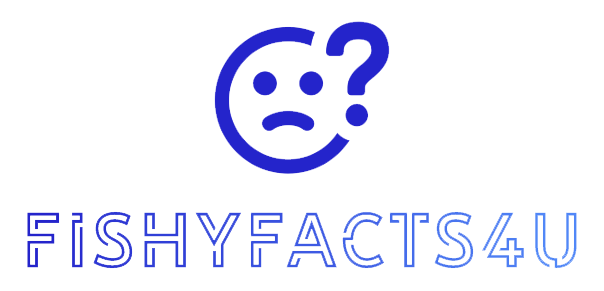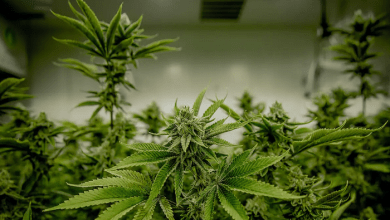What Is the Best Treatment System for Addiction?

The number of deaths worldwide from drug addiction and abuse is growing yearly. Even those afflicted with addiction refuse to participate in any treatment programs. Addiction recovery treatments may seem too similar: detox, rehab, therapy, etc.
An alcohol treatment center in Portland offers inpatient service with higher success rates than others because patients must stay for a period, sometimes months or years. Also, it gives the patient a chance to focus on their recovery process rather than being worried about outside influences. Inpatient is much more likely to be successful than outpatient treatment. Read on to learn about the best treatment system for addiction.
Detoxification
To successfully treat an addiction, it is necessary to first remove the drug from the body of the person who has become dependent on it. It is done through detoxification, removing drugs from the body, and preventing relapse during withdrawal. The goal of detoxification is to enable you to begin working on your recovery without substance abuse’s physical and mental effects. It can be done in several ways:
- Medications to reduce cravings and ease withdrawal symptoms.
- Hydration with fluids.
- Psychological support during withdrawal.
Therapies
The best treatment system for addiction is a combination of cognitive-behavioral therapy and dialectical behavioral therapy. These types of therapy are effective because they help people identify their triggers and learn how to cope with them effectively. They also teach people skills like mindfulness, a nonjudgmental way of observing your thoughts and feelings without letting them overwhelm you.
Cognitive Behavioral Therapy (CBT). This therapy focuses on helping clients change their thinking patterns to improve their behavior. CBT helps clients understand why they make certain decisions, examine how those decisions affect other people and think about how they can make better choices in the future.
Dialectical Behavioral Therapy (DBT). DBT focuses on helping people manage their emotions more effectively to make better decisions about their behavior. DBT teaches people skills like mindfulness meditation and techniques for coping with stressful situations without resorting to substance abuse or self-destructive behaviors like cutting or suicide attempts.
Self-Help Groups
It is a form of treatment for addiction that involves the use of the 12 steps of Alcoholics Anonymous and Narcotics Anonymous as a basis for recovery from substance use disorder. The 12-step process was originally designed to help people recover from alcoholism, but it has since been adapted for other addictions.
In this form of treatment, individuals work with counselors who help them identify the root causes of their substance abuse and work toward eliminating those factors from their life. The counselor will also guide clients through the 12-step process and encourage them to attend meetings with other members who have been working through similar issues.
Medication
This treatment system uses medication like Modafinil or Naltrexone to reduce withdrawal symptoms, cravings, and other side effects of quitting drugs. Medication can also help with other mental health problems that may be present along with addiction. Medication used in this treatment system can be taken daily or as needed depending on the prescribed medication.
Contingency Management
It works by giving patients rewards for positive behaviors they practice during recovery. Rewards can be anything from food vouchers to gift cards, but the idea is that these incentives will motivate people to participate in other activities that are good for them. Contingency management is particularly effective with substance abusers who have a history of relapse because it gives them a sense of security and safety while working on overcoming their addiction.
Contingency management can be used with any substance addiction, including alcohol, marijuana, cocaine, heroin, methamphetamine, and prescription drugs.
Rehabilitation Program
Rehabilitation programs are designed to help you learn new ways of dealing with your addiction and the issues that led you to become addicted in the first place. They help you understand why your addiction started and how it has affected your life so that you can avoid relapsing once you leave rehab.
A good rehab program offered at Sandstone and other treatment centers will also give you practical tools to help prevent future relapses. These include learning how to manage stress and other triggers, developing healthy coping skills, and finding ways to replace the behaviors associated with your addiction with positive ones.
There are different addictions, and it has been proven that the treatment method one employs highly depends on the type of addiction a person is afflicted with. Someone addicted to marijuana will have a different course of action than someone who uses cocaine as their drug of choice. The addictive nature of each substance is different due to the various effects the drugs produce on an individual’s mind.




